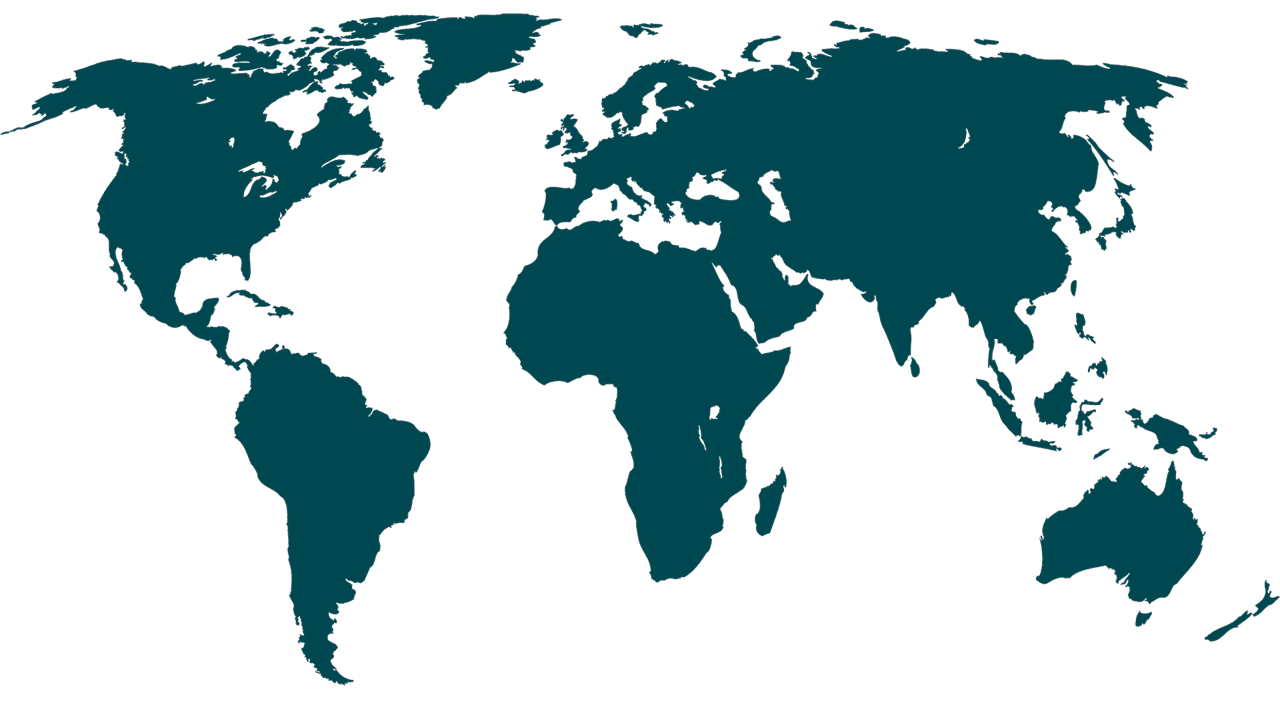The Philippines
The Philippines is an island country in Southeast Asia with an archipelago consisting of more than 7,000 islands. Poverty remains a mainly rural phenomenon though urban poverty is on the rise, particularly in urban slum areas. Natural disasters disproportionately and repeatedly batter the lowest-income regions of the country, miring them in higher levels of poverty.
The Philippines
The Philippines is an island country in Southeast Asia with an archipelago consisting of more than 7,000 islands. Poverty remains a mainly rural phenomenon though urban poverty is on the rise, particularly in urban slum areas. Natural disasters disproportionately and repeatedly batter the lowest-income regions of the country, miring them in higher levels of poverty.

Philippines
Population: 113 million
Program snapshot: FCJ Integrated Community Development Program - Urban Slum
This is an integrated community development project being implemented in an urban slum in Quezon City, next to a dumping ground of waste materials.
With the support of our partners, the Faithful Companions of Jesus (FCJ), the supports families living in urban slums areas through activities such as house renovating, food processing, basic literacy skills, urban gardening, upcycling and income generating activities. They run a seniors group, children's sport and play groups, and technical education and skills development program. They also have a clinic visited weekly by a doctor and community nurse.
The impact of your support in the Philippines:
Non-formal education opportunities are available for out of school youth learn skills to improve their employment prospects.
Improved access to housing and sanitation, with the construction of better homes and increased access to toilets.
Regular health check-ups for families to increase their nutritional knowledge and facilitate access to basic health services.
Support to start up small businesses such as food processing and baking to increase income.
Ronita's story
Ronita lives in Quezon City in Metro Manila, the Philippines in a barangay (local district), with her two young children and husband. She left high school after having her first child, Clark (5 years old), and was at risk of leaving school permanently when she realised she was pregnant with her second child, Egzy Grey (3 years old).
Ronita heard about Faithful Companions of Jesus (FCJ) and its programs, including an Alternative Learning System (ALS) program, from a friend in the area. She decided to re-enrol in her studies. The ALS offers students the chance to continue their studies in a safe, flexible environment.
As a result, Ronita completed her Alternative Learning credits and was able to continue on to senior high school, where she has now gained a Higher School Certificate. Gaining this in Metro Manila gives Filipinos the option to gain higher paid employment with better working conditions. Ronita hopes to support her mother, husband and two young children with a call centre job she has obtained as a direct result of completing her education.
I am so thankful for FCJ. I still go to mother's group and to the doctors a lot. When I did the Alternative Learning classes, I was really encouraged by my teacher Ma'am Jen and Ma'am Grace.
You can help:
Donate today
Your donation today can help support long-term programs in the Philippines and other countries around the world.
Become a Caritas Neighbour
By signing up to become a Caritas Neighbour, your monthly gifts can help transform lives today, tomorrow and every day.
Give a Global Gift
Give a gift that can change a life and transform a community.